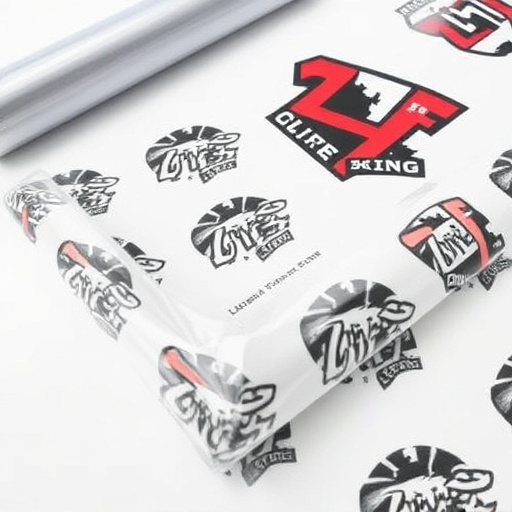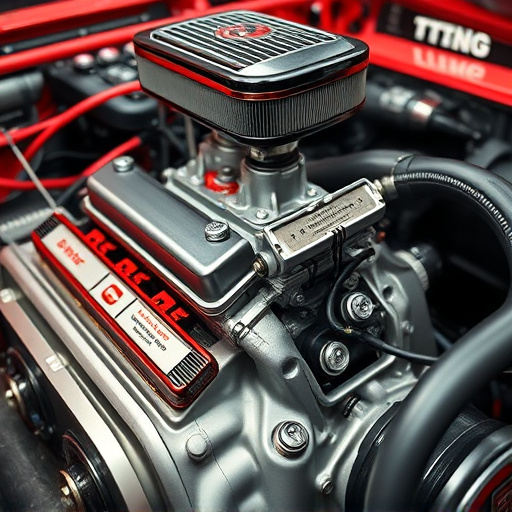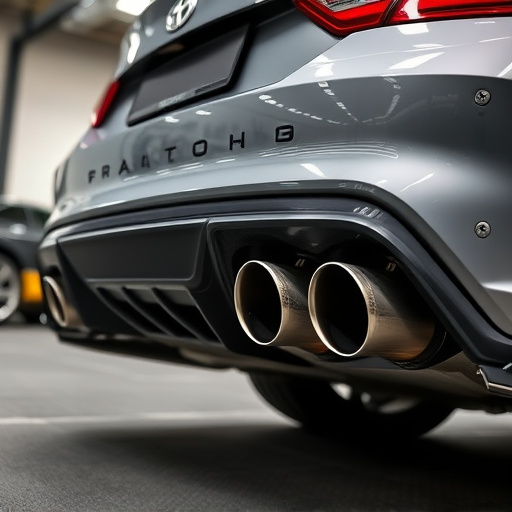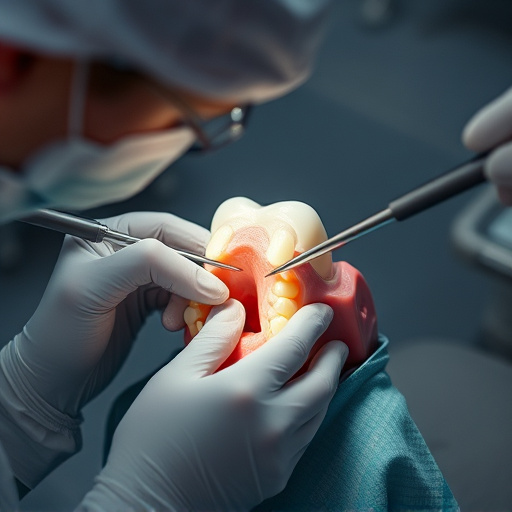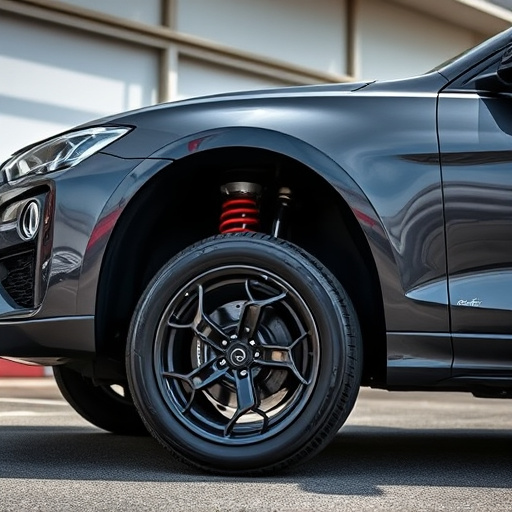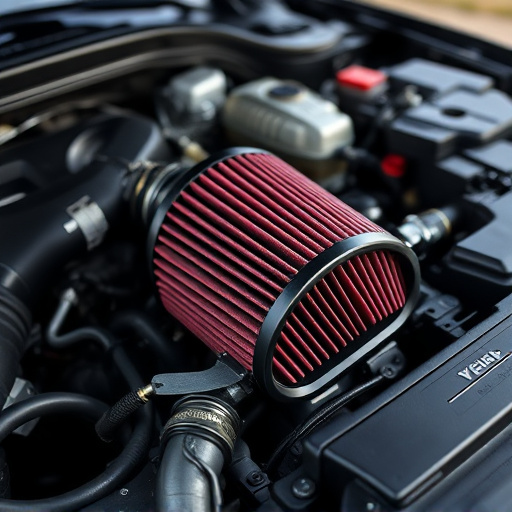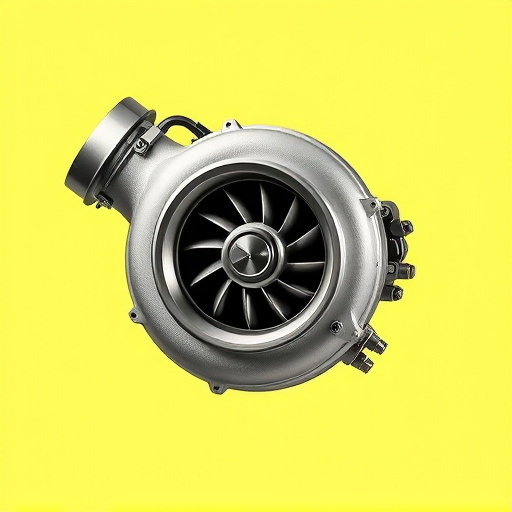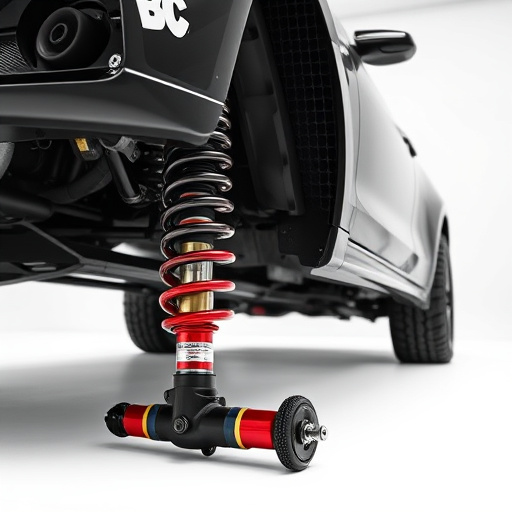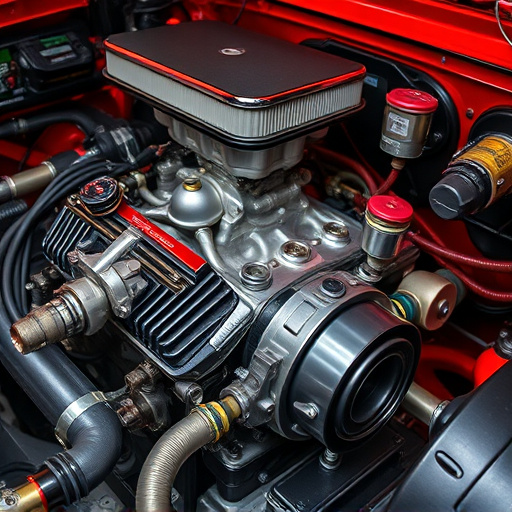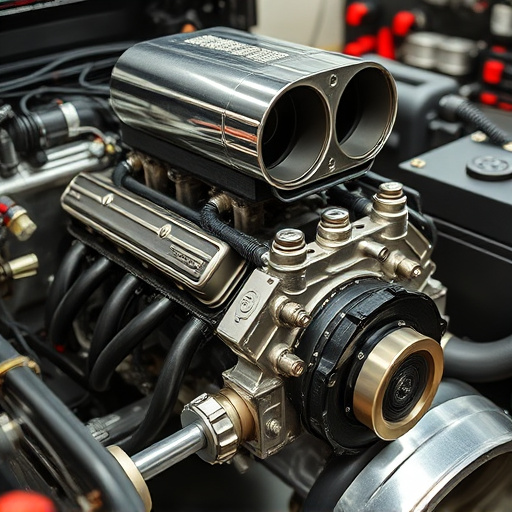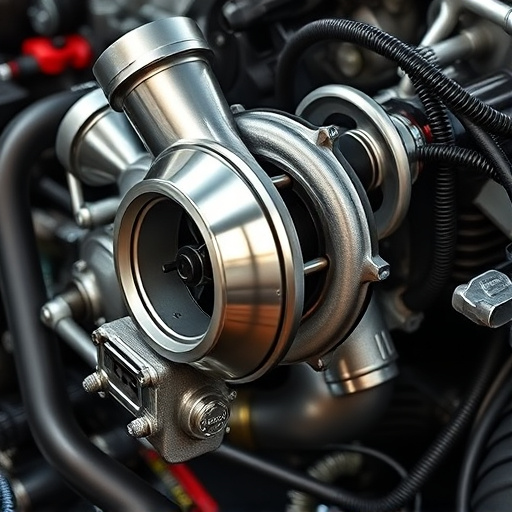For efficient vehicle operation, understanding and maintaining core engine components like cylinder block, pistons, valves, spark plugs, fuel injectors, crankshaft, and supporting systems (cooling, lubrication, emission control) is vital. Upgrading specific parts, such as coilover kits and high-quality brake rotors, can significantly improve handling and stopping power. Regular checks on bearings and seals ensure optimal performance, especially when combined with upgrades for enhanced speed and efficiency.
Every driver, from novice to seasoned pro, should understand the basics of their vehicle’s engine components. This comprehensive guide delves into the heart of your car’s power source, exploring critical elements like the engine block, crankshaft, and connecting rods that work in harmony to convert fuel into motion. We’ll navigate key systems such as intake/exhaust dynamics and the intricate power stroke cycle, while uncovering essential maintenance practices like regular oil changes and spark plug care. By understanding these components, you’ll gain a newfound appreciation for your vehicle’s performance and efficiency.
- Understanding the Core Engine Components
- – The Role of the Engine Block
- – Crankshaft and Its Function
Understanding the Core Engine Components
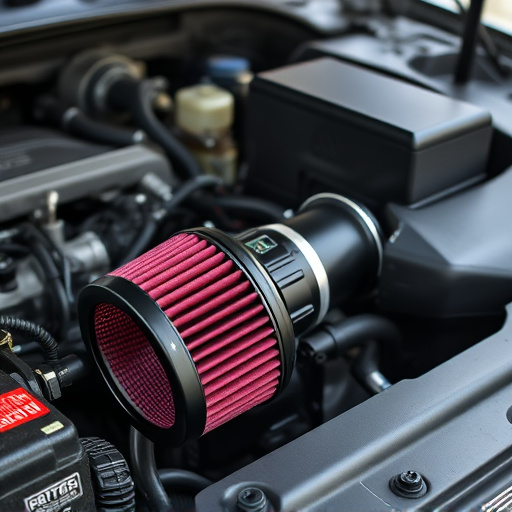
Every driver should familiarize themselves with the core engine components for smooth and efficient vehicle operation. The internal combustion engine is the heart of your car, consisting of several vital parts working in harmony. Among these, the cylinder block houses the cylinders, providing the space for fuel and air to mix and ignite, generating power. Attached to the block are the pistons, which move up and down within the cylinders, converting the linear motion into rotational force via the crankshaft.
The valves, controlled by the camshaft, open and close to allow air/fuel mixture in and exhaust gases out. Other crucial components include the spark plugs, igniting the compressed mixture, and the fuel injectors, metering the fuel supply. Additionally, systems like the cooling system (using a water pump and radiator), lubrication (with oil and an oil filter) and emission control (including exhaust mufflers and catalytic converters) are integral to keep your engine running optimally, supporting performance and longevity. Upgrading components like coilover kits and high-quality brake rotors can further enhance handling and stopping power.
– The Role of the Engine Block
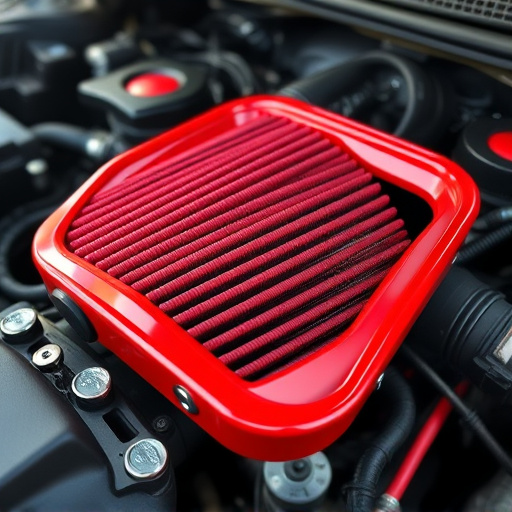
The engine block serves as the heart of any vehicle’s power system, acting as the primary component that houses and contains the complex arrangement of internal combustion components. It is a crucial engine component responsible for the efficient burning of fuel and the subsequent conversion of that energy into mechanical motion. The block’s design must withstand high pressures and temperatures generated during the engine’s operation, ensuring stability and longevity.
Engine blocks are typically constructed from cast iron or aluminum, each offering unique advantages in terms of heat conductivity and weight reduction. Modern designs often incorporate advanced cooling systems to manage heat dissipation, enhancing overall engine performance. Furthermore, for enhanced efficiency and power delivery, some vehicles feature advanced features like port or direct fuel injection systems integrated into the block itself, working in tandem with other engine components such as cold air intakes and exhaust mufflers to optimize combustion. Even critical safety parts like brake rotors play a supporting role in maintaining control and stability during high-performance driving conditions.
– Crankshaft and Its Function
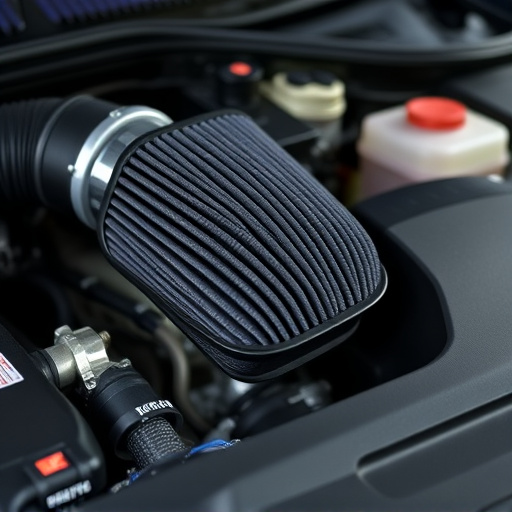
The crankshaft is a vital component within any engine, serving as the central axis that converts the reciprocating motion of the pistons into rotational energy. This intricate part is responsible for translating the linear force exerted by the pistons into smooth and powerful rotation, enabling the vehicle to accelerate and maintain speed. Its design is a delicate balance between strength, weight, and efficiency, directly impacting the overall performance of the engine.
Engine components like the crankshaft play a crucial role in determining the power and responsiveness of a vehicle. Advanced engineering and materials science go into crafting these parts, ensuring they can withstand extreme pressures and temperatures while maintaining precision alignment. Proper maintenance and understanding of these engine components, including regular checks on bearings and seals, are essential for optimal performance, especially when coupled with high-quality upgrades such as performance brakes, cat-back exhausts, or muffler tips, to enhance both speed and efficiency.
Understanding the core engine components, such as the engine block and crankshaft, is crucial for every driver. By familiarizing themselves with these essential parts, drivers can better appreciate the inner workings of their vehicles, perform basic maintenance checks, and make informed decisions when it comes to repairs or upgrades. Knowing your engine components empowers you to navigate the world of automotive care with confidence.
